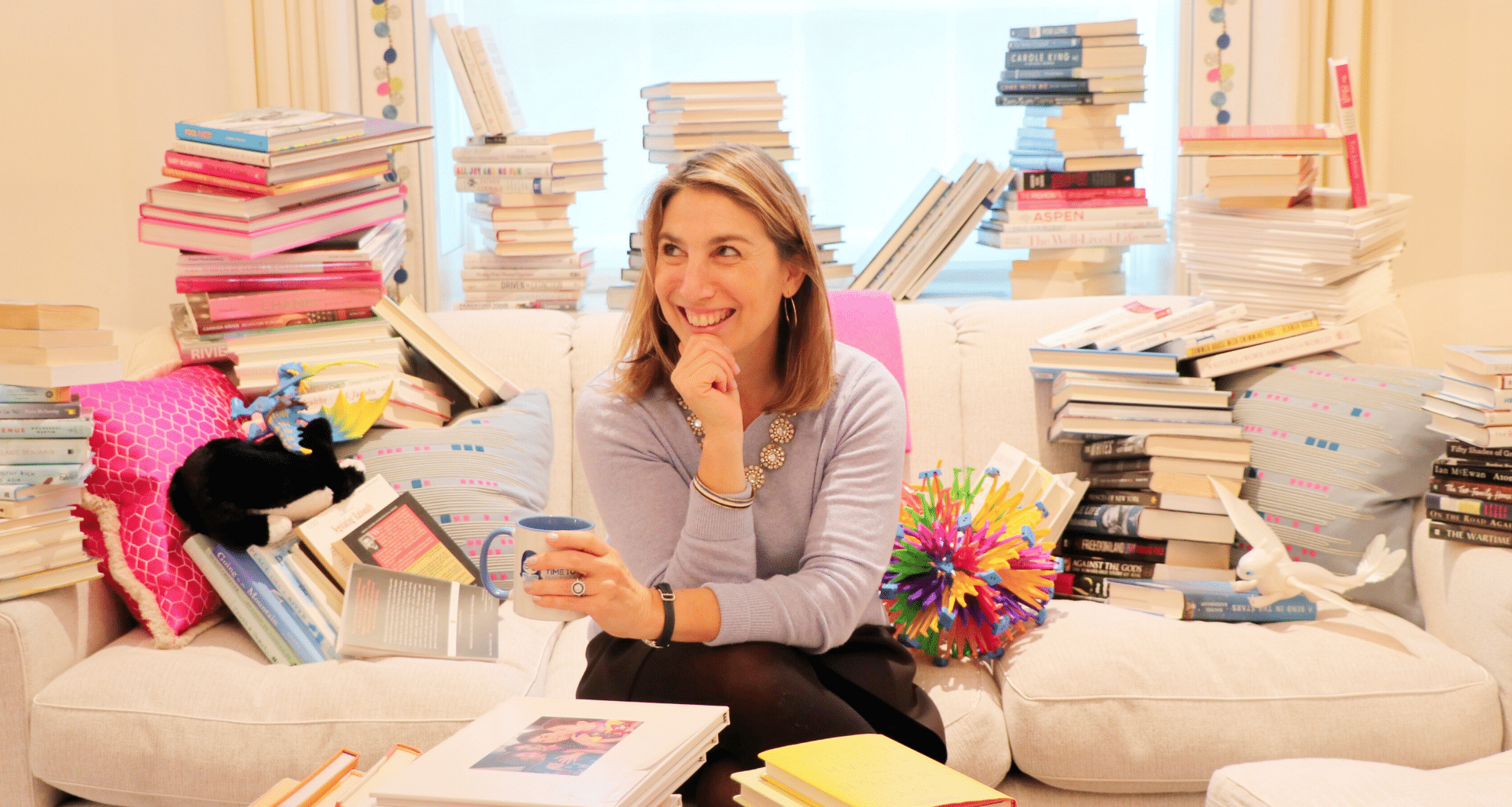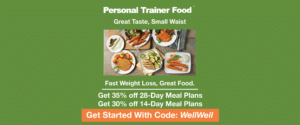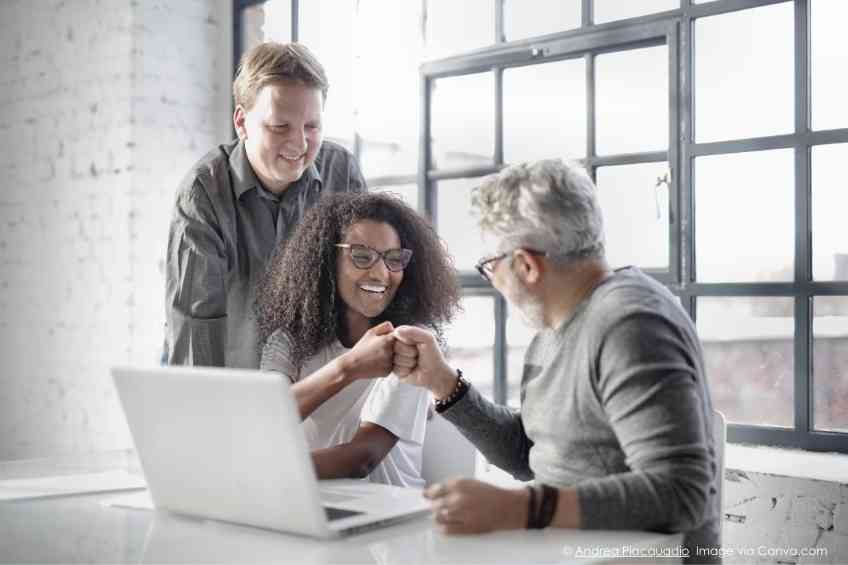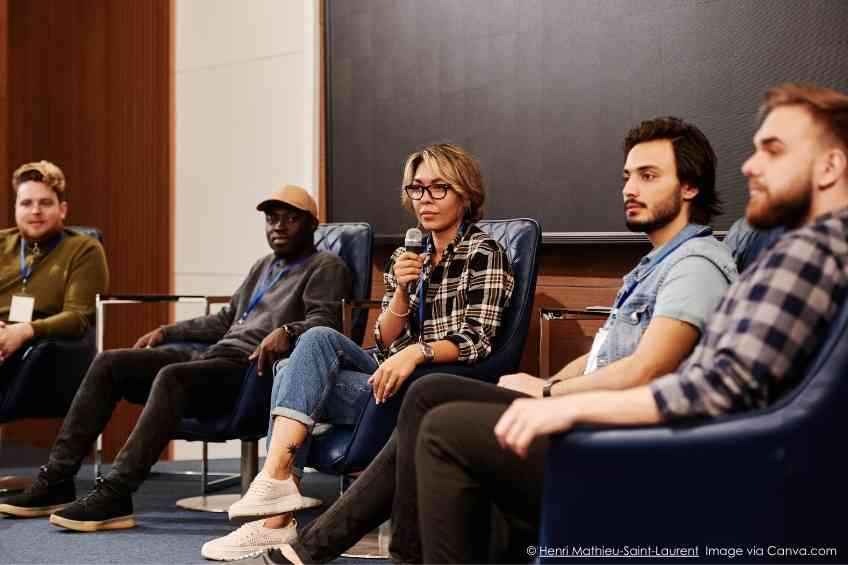If there’s one thing that’s become painfully apparent over the last year, it’s that time is valuable. And possibly no one understands this more than parents, specifically moms. With four kids, Zibby Owens didn’t need a global pandemic to recognize this truth. It’s why a few years she started the podcast Moms Don’t Have Time To Read Books. Her aim was to streamline the beauty of book reading for busy parents by regularly interviewing authors about their work. But when the lockdown hit and these authors saw their press commitments halted, Zibby devised a way to keep the conversation going with Moms Don’t Have Time To: A Quarantine Anthology. WellWell recently spoke to Owens about her collection of essays, the unique challenges of motherhood during a pandemic and the emerging impact of podcasts.
Early in Moms Don’t Have Time To: A Quarantine Anthology you mention you weren’t doing this to gain recognition or social media clout. You only wanted to help struggling authors during COVID. You followed this up by donating all proceeds proceeds to the Susan Felice Owens program for vaccine research. How important was this distinction for you?
I just didn’t want people to think I was doing it for self-promotional reasons. I felt I had to clarify my intentions. I don’t know why. I wanted to clarify the place I was coming from and I was trying to do good and help these authors promote their work. That was my main objective.
A theme throughout your book is moms adapting to circumstances during COVID. How does the chaos of parenthood, specifically the chaos of motherhood uniquely set people up with the ability to adapt?
Perhaps that’s the one perk. Yes, parenthood definitely sets you up to adapt because you are constantly having to parent different children. As they grow every year, they become a different person altogether with different needs and schedules and everything else. So yes, it does prepare you unfortunately for adapting to a worldwide pandemic. It works but it doesn’t mean it made it any easier.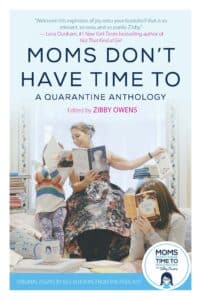
Aside from the obvious time constraints, what were some of the unique challenges of being a parent during the coronavirus pandemic?
How much time do we have? Homeschooling for the first time is certainly a unique challenge. In my wildest dreams, I never thought that school would be something that was optional or that could even be done remotely. That was just a given at that time the kids spending in school. I think many parents have built their lives and their work lives in particular around that assumption and then when that one got kicked out from under us, many of us were very unprepared for that. I have 4 kids so having all 4 of them with very different needs and schedules can be a lot.
Throughout your podcast and within your essays, there’s a recurring sense of levity and hope. Given all you’ve been through during the last year, with your mother-in-law and husband’s grandmother both passing, how are you able to maintain this positivity and even sense of humor?
I have to. Even as we were driving home from the hospital, we had to make jokes, we had to bring laughter. It gets too much to bear so I find humor, not that I’m particularly funny, enjoying humor of others and being able to find the humor in the darkest times helped me get through. I still feel very grateful every day for so many things in life. The more people I’ve lost, the clearer it is that life is just very short and I don’t have that much time here so if I can’t enjoy the day, in some part, what’s the use?
There are quite a few essays in the book on exercise and its relationship with mental health and mental wellbeing. How crucial is this, especially in a time when people are stuck inside?
I think it was a really important piece and one of the only things people could turn to for their own mental sanity. Particularly things like running that we’re safe, sanctioned and accessible just if you laced up your sneakers and went outside, no equipment necessary, nothing. I do think working out helped a lot of people. So many people talk about the long walks they took, how getting out in nature helped them. These types of things that often become almost leisure activities during the course of a normal workday became so essential and I think it reminded people what it means to slow down even if they were running, sort of speeding up to slow down.
Similarly, you recently started a second podcast, Moms Don’t Have Time To Lose Weight. Was there anything that you’ve learned about exercise and its benefits beyond the physical throughout this process?
Yes. The mental benefits of getting out, sweating and moving have many safe benefits to them. I think it allows an escape, it allows this mental reset and helps process stress. I think during the pandemic, most people’s weight concerns took a back burner to surviving and working out became much more used as a mood changer than a calorie blaster.
You’ve mentioned that a few years ago when you started podcasts, you didn’t really know what a podcast was or where to find it. How do you think the podcast industry and its perception has changed in that time?
Oh my gosh, so much. I was a late adopter of podcasts and it’s changed even in that short time. Now podcasts are as common as turning on the radio. They’ve become like the TV and radio of today and they’re ubiquitous. I’ve also seen a huge shift in popularity and adoption during the pandemic. Many people turned to podcasts who hadn’t otherwise tried them. There’s something about the intimacy of listening to a podcast. Right in your ear whether you’re taking a walk or falling asleep, or doing the laundry, there’s this feeling of connection that I think people really seek, especially when they’re forced to be alone.
Do you think it’s almost the perfect media to consume for moms who, as you’ve mentioned, don’t have much time for a lot of things?
The other day I was writing a list. My daughter was worried about running late for school so I said, “Okay, let’s write down a list of how long each thing is going to take.” She said okay, getting dressed is going to take 10 minutes, eating breakfast five minutes, making lunch five minutes, and a couple other tasks. Then I said, “But the thing is you can do a lot of these things at the same time.” It’s not that we don’t have the time, it’s that somethings you can do simultaneously and it’s the best way to save time. A podcast represents this. It can be either in the background or foreground. You can listen to them without engaging your entire brain. It’s very well suited to anyone with a busy lifestyle.
 About Zibby Owens
About Zibby Owens
Zibby Owens is the creator and host of the award-winning podcast Moms Don’t Have Time to Read Books. Zibby, named “NYC’s Most Powerful Book-fluencer” by New York Magazine’s Vulture, conducts warm, inquisitive conversations with authors, making her show a top literary podcast as selected by Oprah.com in 2019 and 2020. She also created the Moms Don’t Have Time to Lose Weight community and hosts the accompanying podcast. Zibby is the Editor-in-Chief of Moms Don’t Have Time to Write, a Medium.com publication. Most recently, she released an anthology, Moms Don’t Have Time To: A Quarantine Anthology.
Learn More At zibbyowens.com

